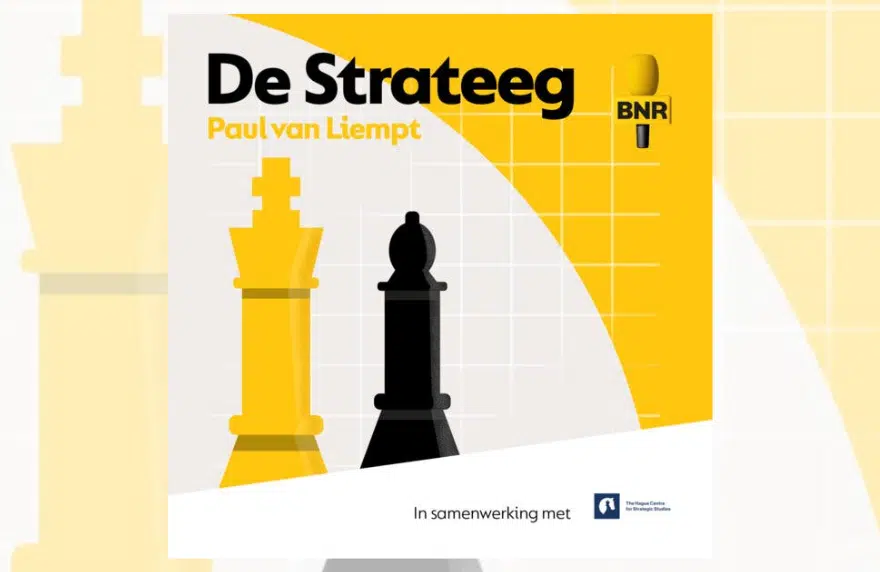This winter Russia again hits Ukraine with a missile campaign. But although this is a serious danger for the Ukrainian people and might shake Western resolve, it hides a fundamental Russian weakness: expensive missiles cannot replace cheap bombs and Russia does not have the missiles to keep up intensive attacks for long, writes HCSS strategic analyst Frederik Mertens in a new longread.
The Russian missile attacks of the last weeks come as no surprise. For months Russia has been building up its missile reserves by increasing production and limiting expenditure. The fear was and is that Russia would use these to renew its strategic missile campaign against Ukrainian energy infrastructure to freeze Kyiv into submission. But although details are still sketchy, it seems at this moment that Russia has a different strategic focus. It might even have been targeting parts of Ukraine’s military-industrial complex. And whatever Putin is trying to achieve in Ukraine, we can be quite certain he is also sending a message to the West that he does not intend to give up.
For the Western support to Ukraine is Russia’s strategic point of gravity. If this falters, Ukraine is in deep trouble. However, we should not let ourselves be deceived. Completely relying on missiles is a very costly and inefficient way to fight a strategic air campaign. That Russia cannot depend on its aircraft is another illustration of the deep rot affecting the Russian giant and rather than see Russia’s missile campaign as a sign of Russian power, it should be seen as a sign of its relative weakness – and not create doubt but resolve to support Ukraine to weather this storm.
Author: Frederik Mertens.
Image source: Ukraine’s Defense Ministry.






